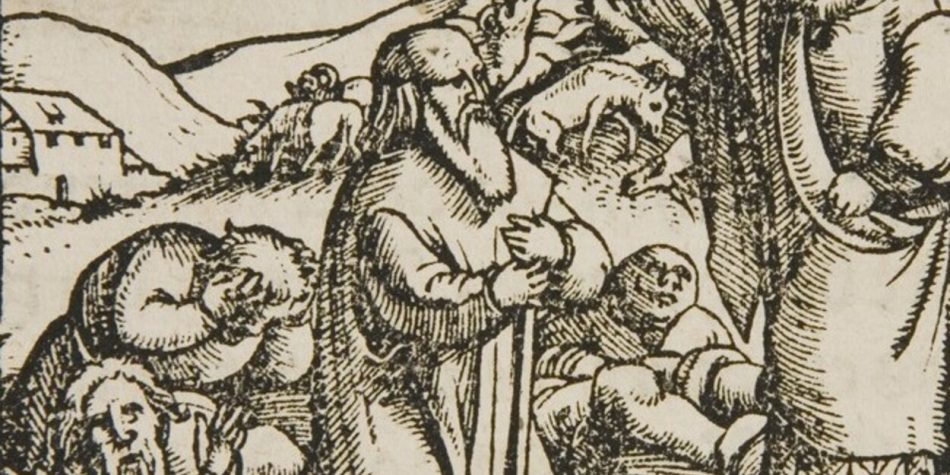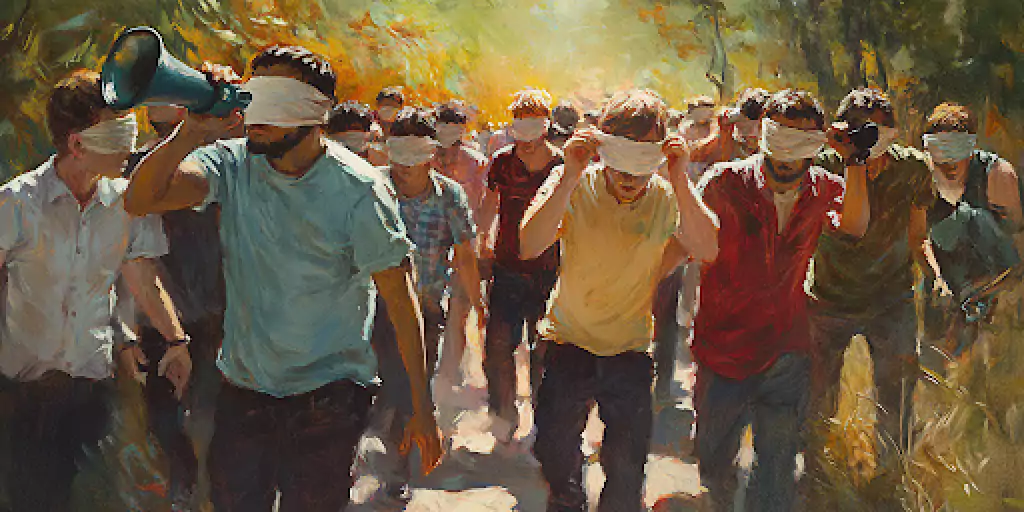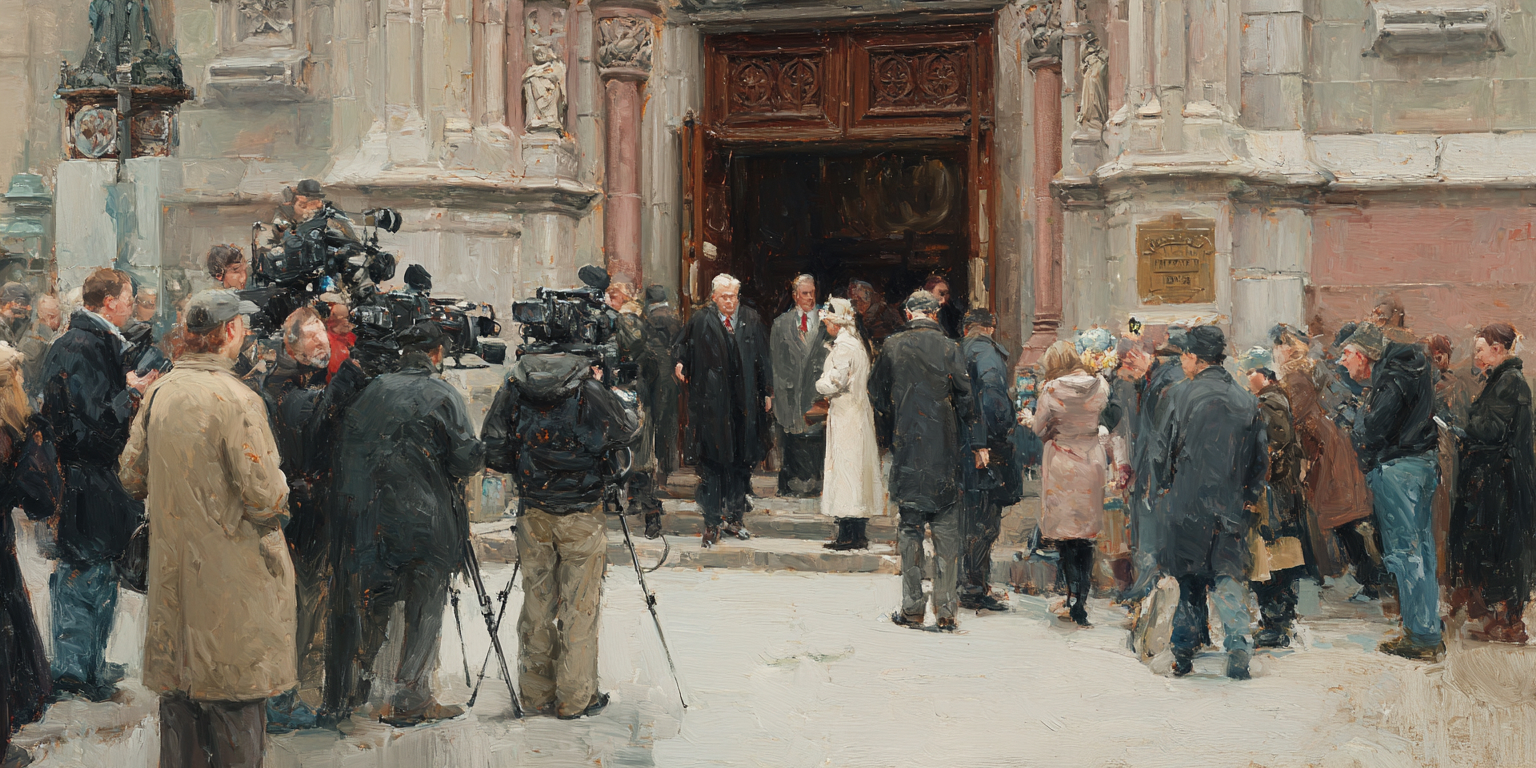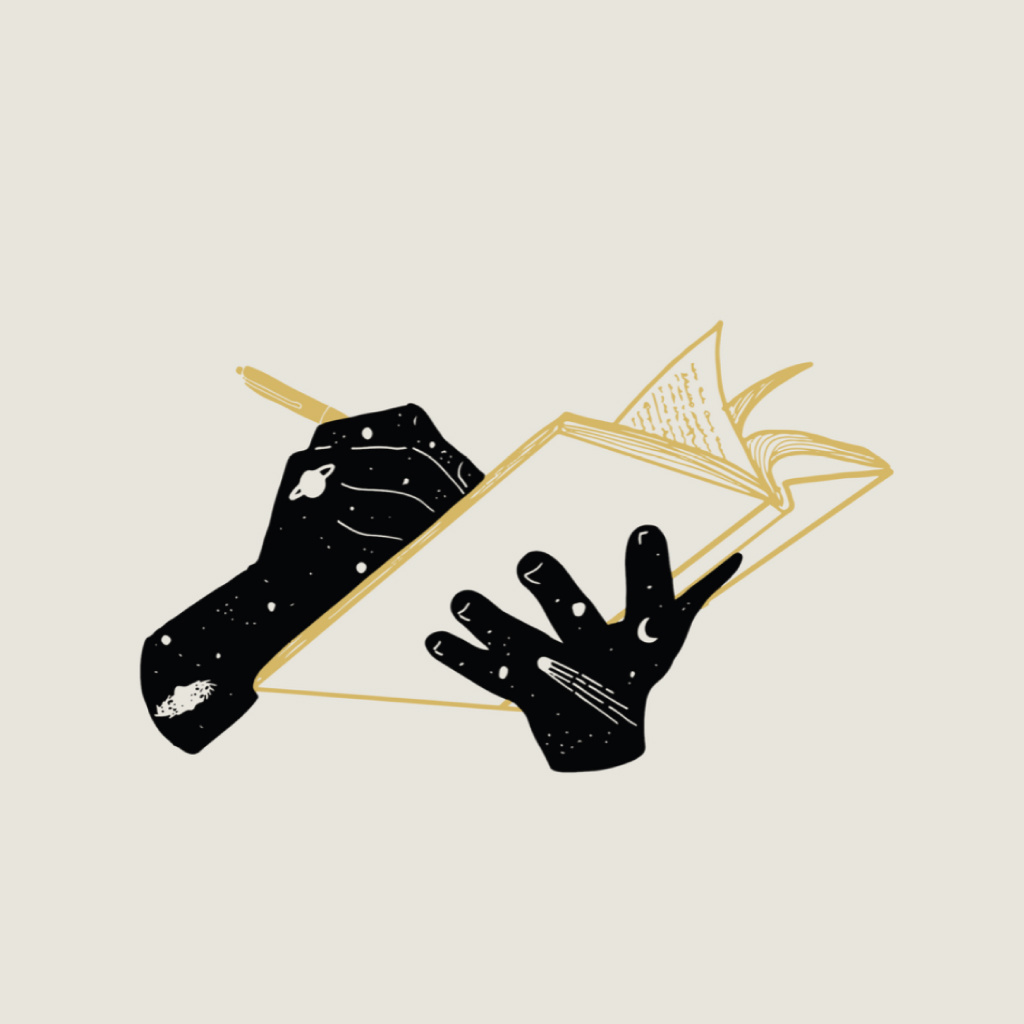A student recently confided in me that in light of her growing fears in the face of the current global pandemic it was getting harder and harder for her to concentrate on her academic workload. She assured me that it was not so much the amount of reading and writing that was being required, or even that she had to learn (along with her professors) how to navigate her coursework now that it had been moved entirely to a digital, online, and remote instructional format—although such developments had been challenging in their own right. Rather, she indicated, her struggle was with seeing the importance of spending so much of her time studying the History of Psychology, Late Elizabethan Literature, Latin 101, and the Sociology of Gender when the world seemed increasingly perilously perched on the edge of a total societal meltdown.
Fortunately, this is not the first time our world has been thrown into crisis
Each new day we are greeted with more frightening news about death counts, vague and distressing predictions about the likely course this plague may take, each one more dire than the last, and, perhaps most concerning, a proliferation of revelations about how little we actually know about this disease and its lethal spread. In short, my student’s concerns seemed to boil down essentially to this: “What is the point of all this academic work when people are dying, and the world we’ve always known may be disappearing forever?”
While I certainly understood the fear and confusion this good student was experiencing— having partaken of it myself from time to time—and the central question she was asking, I felt that something more than just empathy was needed here. What she needed was a reassurance that the things she was being called upon to do as a student mattered—still had real meaning—in the face of a global crisis. Many of us have asked similar questions about day-to-day, mundane duties we’re fulfilling in different professions and fields, as well as on the home-front: does any of this still matter when all this other stuff is happening around us? Fortunately, this is not the first time our world has been thrown into crisis, either by plague or disaster, natural or man-made nor is it the first time we have had to ask ourselves the sorts of questions my student put to me.
On October 22, 1939, just weeks after Germany had invaded and conquered Poland, thus initiating the Second World War, Oxford scholar and ardent Christian thinker C. S. Lewis preached a sermon at St. Mary the Virgin Church in Oxford entitled “Learning in War-Time.” Lewis had been a soldier in World War I, that “war to end all wars,” and having lived through its aftermath (including the Spanish Flu pandemic that killed over 50 million worldwide and the Great Depression), was now looking on as the great nation-states of the world plunged headlong once again into global conflict a mere two decades later. He, too, was confronted with the very same questions my student was posing to me. Professor Lewis was repeatedly asked how anyone could be expected to spend time and energy indulging their academic curiosity while the world itself was hanging in the balance, as the march to another worldwide war continued onward relentlessly—a march even the least prescient could see would bring about the deaths of millions and witness the unleashing of the most primitive forms of barbarism and cruelty.
“A University is a society for the pursuit of learning,” Lewis wrote. It is a place where students are expected to start making themselves, “into what the Middle Ages called clerks: into philosophers, scientists, scholarly critics, or historians.” However, in the midst of great crisis, this can seem to be a very odd, perhaps even immoral, thing to be investing oneself in doing. “Is it not,” he asked, “like fiddling while Rome burns?” Here, Lewis firmly answers in the negative, seeking instead to reframe our understanding of the issues at hand, and the values that matter, in the context of a more grounded and hope-filled Christian understanding. He reminds us that it is:
“important to try to see the present calamity in a true perspective, the war [or, in our case, COVID-19] creates no absolutely new situation: it simply aggravates the permanent human situation so that we can no longer ignore it. Human life has always been lived on the edge of a precipice. Human culture has always had to exist under the shadow of something infinitely more important than itself. If men had postponed the search for knowledge and beauty until they were secure the search would never have begun.”
He continues:
“Plausible reasons have never been lacking for putting off all merely cultural activities until some imminent danger has been averted or some crying injustice put right. But humanity long ago chose to neglect those plausible reasons. They wanted knowledge and beauty now, and would not wait for the suitable moment that never comes. Periclean Athens leaves us not only the Parthenon but, significantly, the Funeral Oration. The insects have chosen a different line: they have sought first the material welfare and security of the hive, and presumably they have their reward. Men are different. They propound mathematical theorems in beleaguered cities, conduct metaphysical arguments in condemned cells, make jokes on scaffold, discuss the last new poem while advancing on the walls of Quebec, and comb their hair at Thermopylae. This is not panache; it is our nature.”
Furthermore, Lewis points out that the life of learning, at least for the student and the professor, must always be an act of submission to the will of God, to the magnification of His purposes and the glorification of His name through the resolute, hopeful, and steady continuance of devotion to seeking truth and beauty, the enduring things of both the spirit and the mind. The temptation to think that our times are not “normal” times, that the human condition has not been one continuous series of struggles, privations, tragedies, and catastrophes, and therefore we are excused from fulfilling the duties and embracing the opportunities that God has blessed us with, is to succumb to a terrible lie. “Do not,” Professor Lewis cautions, “let your nerves and emotions lead you into thinking your present predicament more abnormal than it really is.” Rather, he suggests, “If our parents have sent us to Oxford, if our country allows us to remain here, this is prima facie evidence that the life which we, at any rate, can best lead to the glory of God at present is the learned life. . . . The intellectual life is not the only road to God, nor the safest, but we find it to be a road, and it may be the appointed road for us.”
Finally, Professor Lewis concludes his sermon with these beautiful words:
“But if we thought that for some souls, and at some times, the life of learning, humbly offered to God, was, in its own small way, one of the appointed approaches to the Divine reality and the Divine beauty which we hope to enjoy hereafter, we can think so still.”
In short, then, the current pandemic is truly terrifying, its upheavals no doubt changing the world in ways that will take years to fully grasp, but when it comes to the importance of the life of the mind and the divinely appointed obligation we have to pursue through careful study that which is true and beautiful, nothing has really changed at all.

















